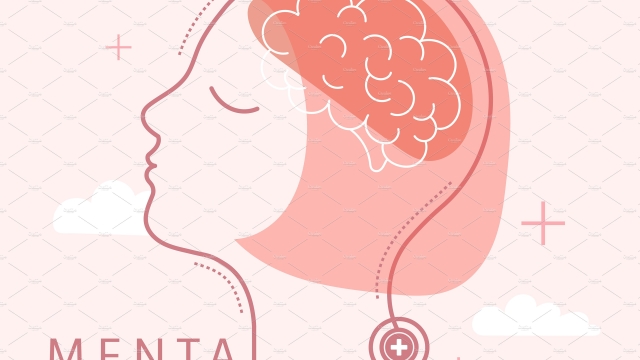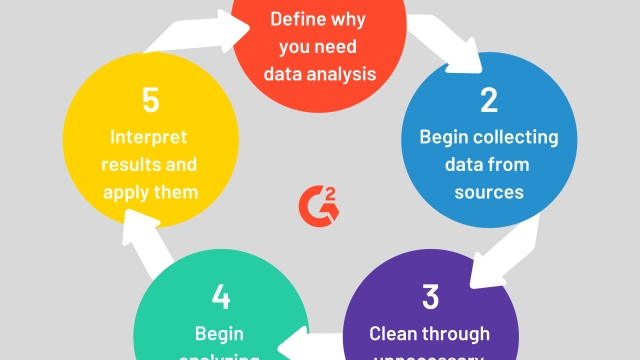
In today’s fast-paced world, where stress and anxiety have become all too familiar, taking care of our mental health is more important than ever. Mental health care plays a vital role in ensuring overall well-being, and yet it remains a topic often shrouded in silence and stigma. It’s time to break free from these societal constraints and open up the conversation surrounding mental wellness. By shedding light on the path to mental wellness, we can create a supportive environment where individuals feel empowered to seek help, share their struggles, and embark on a journey towards healing and resilience.
Mental health care encompasses a range of practices, resources, and treatments that aim to improve and maintain our psychological well-being. It goes beyond addressing specific mental illnesses and focuses on nurturing our mental and emotional health as a whole. When we prioritize mental health care, we acknowledge the significance of taking care of our minds, just as we do for our bodies. Similar to physical health, mental health is not a destination but rather a continuous journey of self-discovery, growth, and self-care.
By breaking the silence surrounding mental health care, we can destigmatize seeking help and encourage individuals to reach out for support. It is crucial to create safe spaces where people can openly discuss their concerns, fears, and experiences without judgment or shame. Acknowledging the importance of mental health care is not a sign of weakness, but rather a sign of strength and self-awareness. It takes immense courage to embark on the path to mental wellness, and by doing so, we can inspire others to do the same.
In the following sections, we will explore the various components of mental health care, including therapy, self-care practices, and the role of community support. We will delve into the benefits of seeking professional help, learning coping mechanisms, and embracing a holistic approach to our well-being. Together, we can break the silence, eradicate the stigma, and pave the way towards a society that prioritizes and promotes mental wellness for all. So, let us embark on this transformative journey and discover the power of mental health care in our lives.
Understanding Mental Health
Mental health is a vital aspect of our overall well-being and encompasses our emotional, psychological, and social well-being. It affects how we think, feel, and act, influencing our ability to handle stress, relate to others, and make choices. Though often overlooked, mental health requires as much attention and care as physical health.
Just like physical health, mental health exists on a continuum, ranging from good to poor. When our mental health is in a positive state, we can effectively cope with life’s challenges, maintain fulfilling relationships, and function well in our daily activities. However, when our mental health suffers, it can impact various facets of our lives, affecting our mood, thoughts, and behavior.
Buy Thc Oil Uk
It is essential to recognize that mental health issues are common and can happen to anyone, regardless of age, gender, or background. Conditions such as anxiety, depression, bipolar disorder, and schizophrenia are examples of mental health disorders that can significantly impact individuals and their loved ones. Understanding mental health involves acknowledging the complexities of these conditions and recognizing the importance of seeking appropriate care and support.
By educating ourselves and others about mental health, we can break down the stigma often associated with seeking help for mental health concerns. It is crucial to foster a supportive and compassionate environment where individuals feel comfortable discussing their mental health openly. This understanding can promote early intervention, access to appropriate treatment, and ultimately, pave the way towards mental wellness for all.
Barriers to Mental Wellness
Stigma: One major barrier to mental wellness is the persistent stigma surrounding mental health issues. Many people still hold misconceptions and prejudices about mental illness, often causing individuals to feel ashamed or embarrassed about seeking help. This stigma can lead to the reluctance of those in need to open up about their struggles and can prevent them from accessing the support they need to achieve mental wellness.
Lack of Awareness: Another significant barrier is the lack of awareness about mental health and the available resources for mental health care. Many people are unaware of the symptoms of mental illnesses or how to recognize when they or someone they know may be struggling. This lack of awareness can impede individuals from seeking help and hinder the timely diagnosis and treatment of mental health conditions, further exacerbating their impact on overall mental wellness.
Limited Access to Services: Accessibility to mental health care services is a critical barrier for many individuals. Inadequate funding, long wait times for appointments, and a shortage of mental health professionals can all contribute to limited access to services. This means that even when individuals recognize the need for support, they may face significant challenges in accessing appropriate care, ultimately hindering their path to mental wellness.
By addressing these barriers, promoting understanding, and improving access to mental health care services, we can begin to break the silence and pave the way for a society that prioritizes mental wellness.
Promoting Mental Health Awareness
Mental Health Care plays a crucial role in our overall well-being, yet it often remains a topic shrouded in silence and stigma. Promoting Mental Health Awareness is essential to break down these barriers and ensure that everyone has access to the support they need.
Educating the public about Mental Health Care is the first step towards fostering understanding and empathy. By initiating conversations and sharing personal experiences, we can challenge the misconceptions surrounding mental health and encourage a more inclusive society. It is crucial to emphasize that mental health is just as important as physical health, and that seeking help is a sign of strength, not weakness.
Promoting Mental Health Awareness also involves creating safe spaces where individuals feel comfortable seeking support. This can be done through community initiatives, such as organizing mental health workshops, support groups, and awareness campaigns. By engaging in open dialogue and providing resources, we can dismantle the barriers to seeking help and ensure that no one feels alone in their journey towards mental wellness.
In addition to educating and creating safe spaces, it is essential to promote proactive self-care and stress reduction techniques. Encouraging practices like mindfulness, exercise, and healthy coping mechanisms can help individuals build resilience and improve their overall mental well-being. By emphasizing the importance of self-care, we empower individuals to take charge of their mental health and prioritize their own well-being.
In conclusion, promoting Mental Health Awareness is a vital step towards breaking the silence and destigmatizing mental health care. By educating the public, creating safe spaces, and promoting proactive self-care, we can foster a more compassionate society that supports mental wellness for all.



